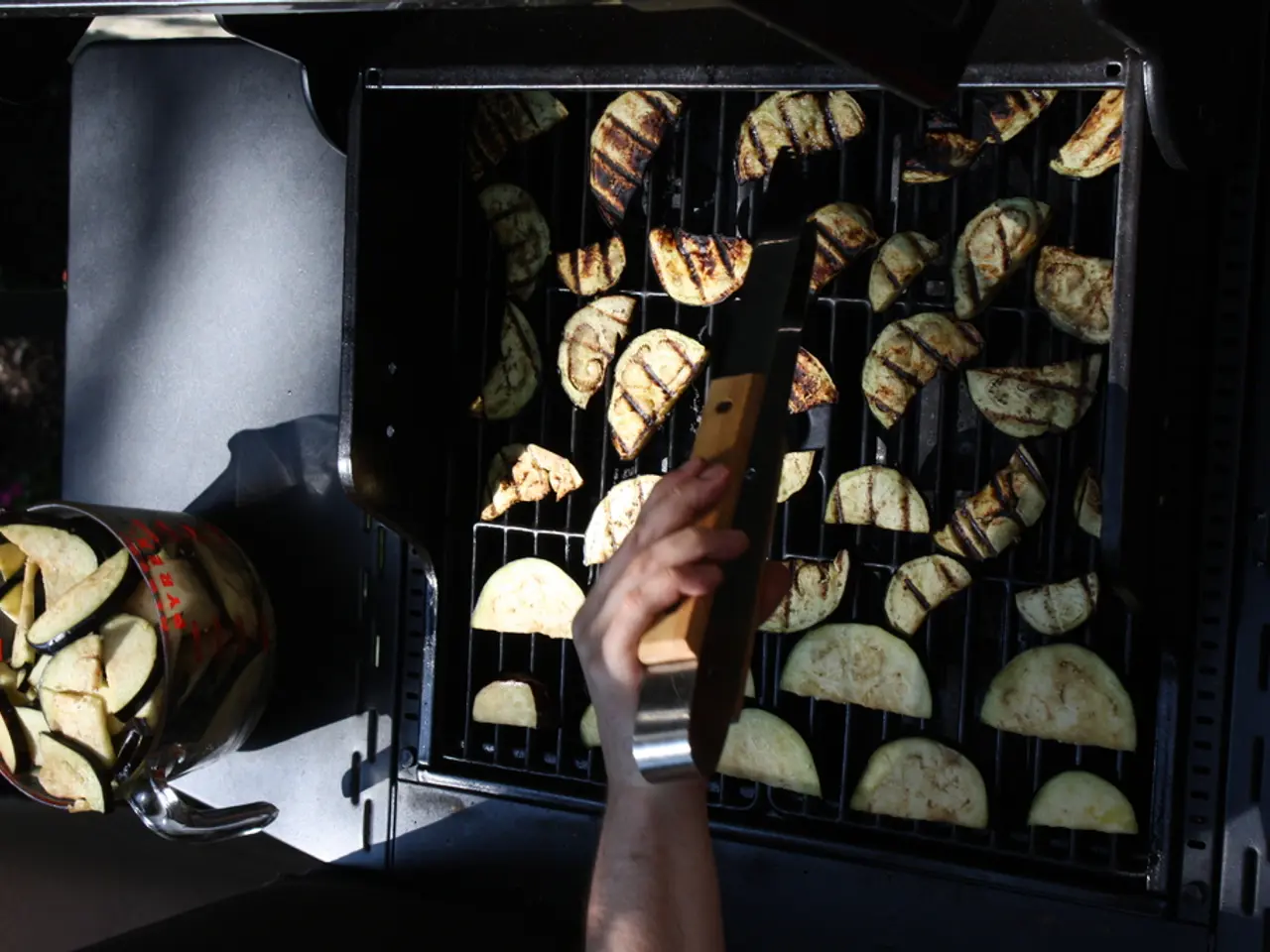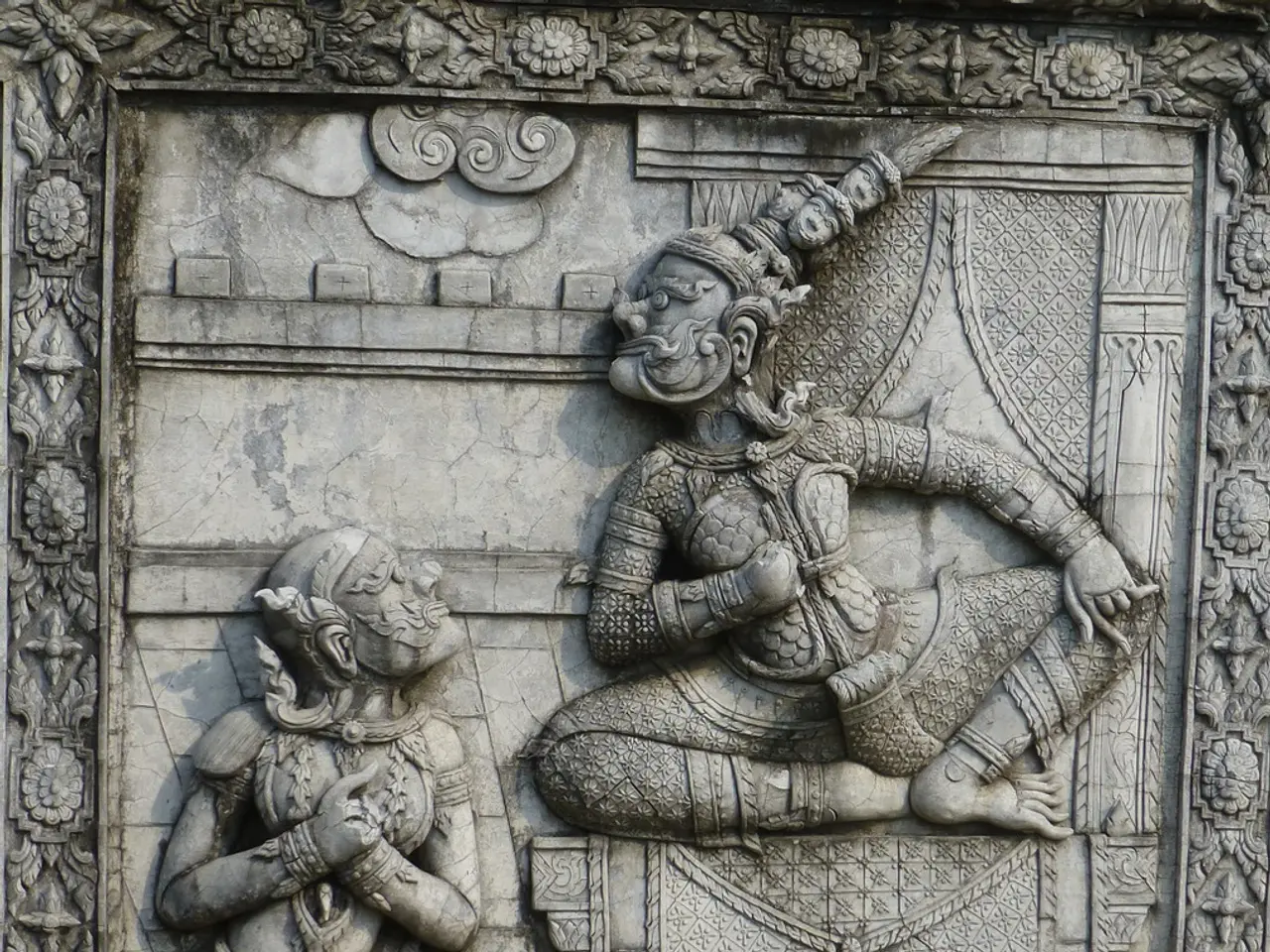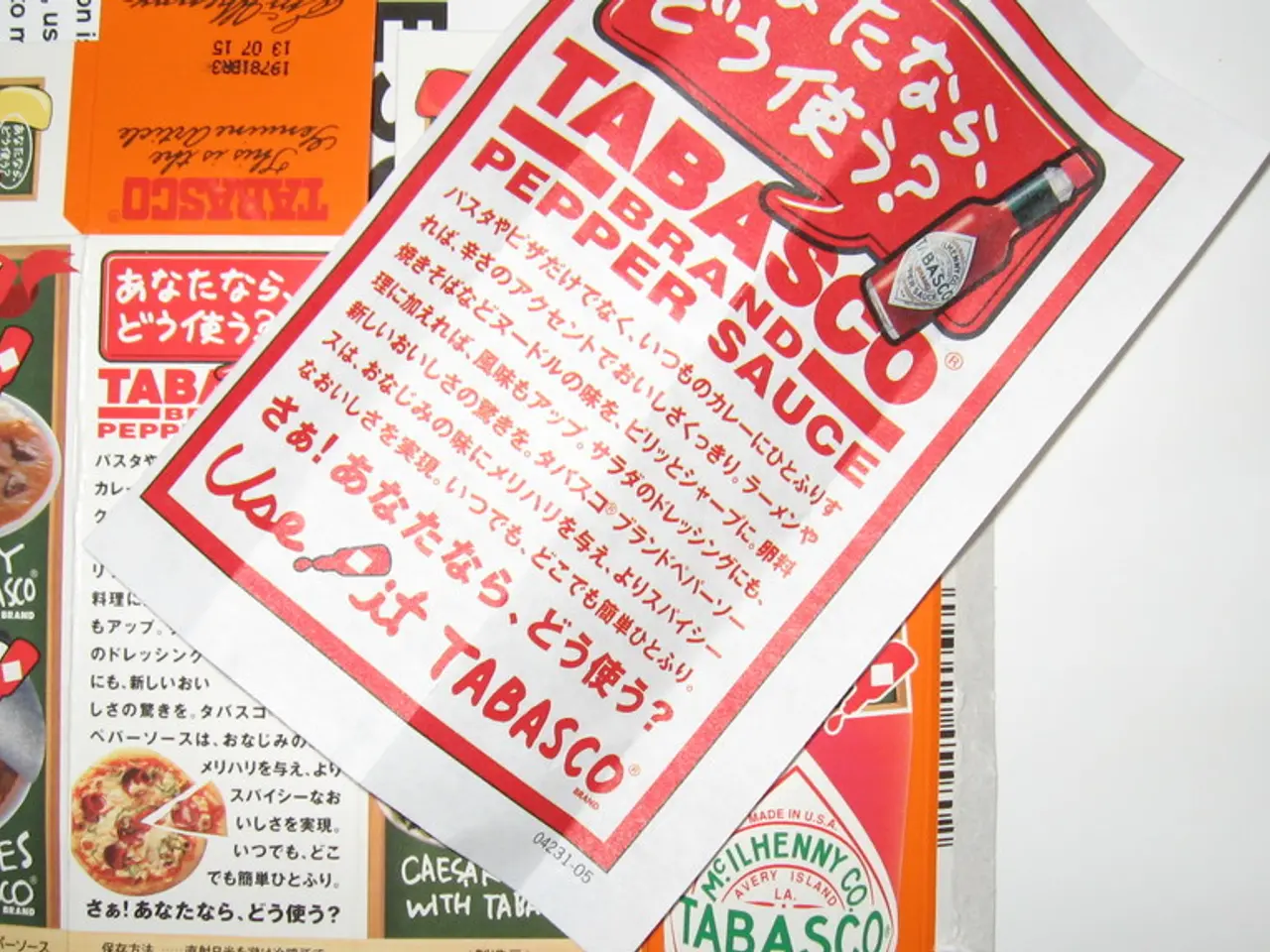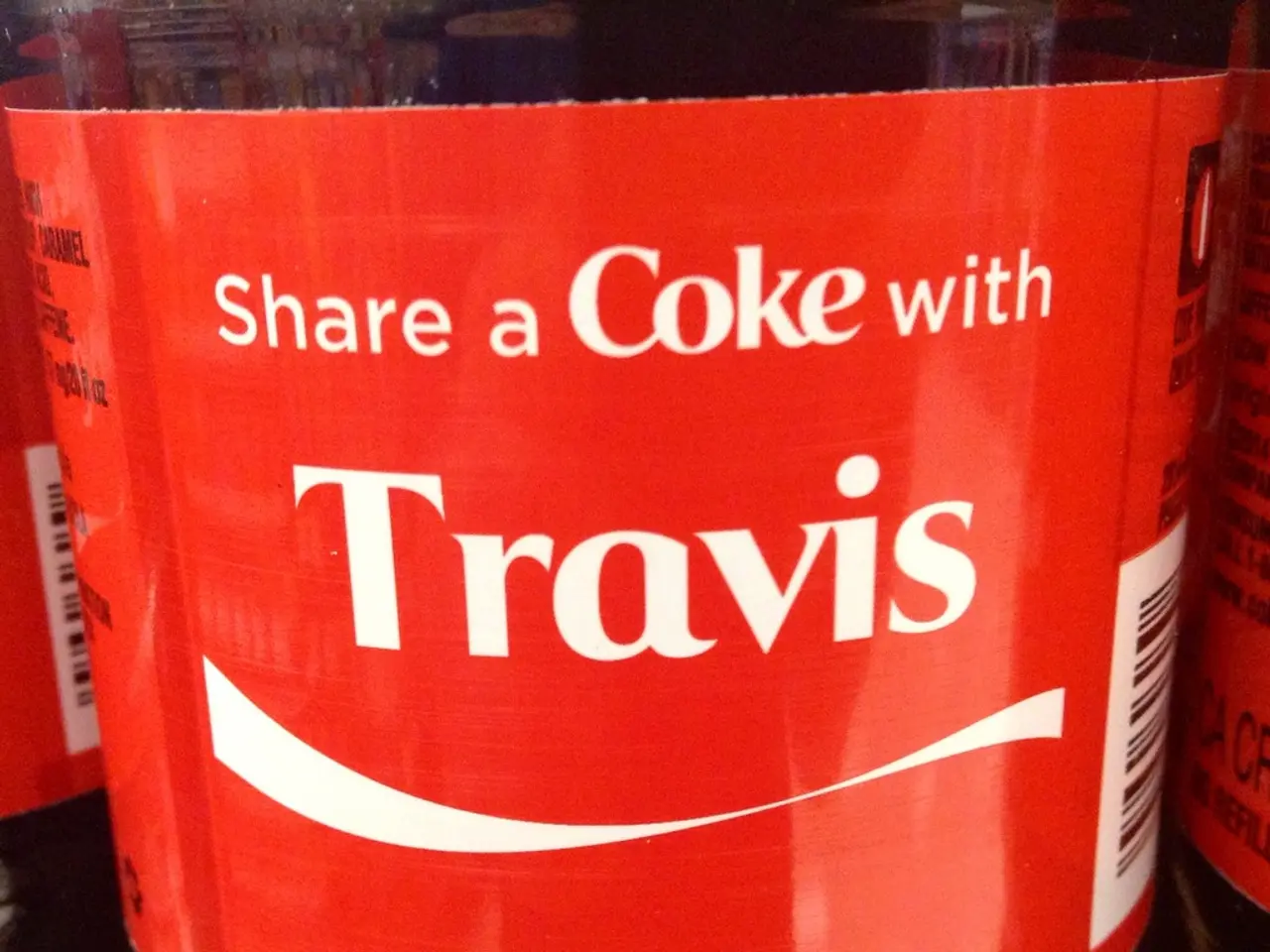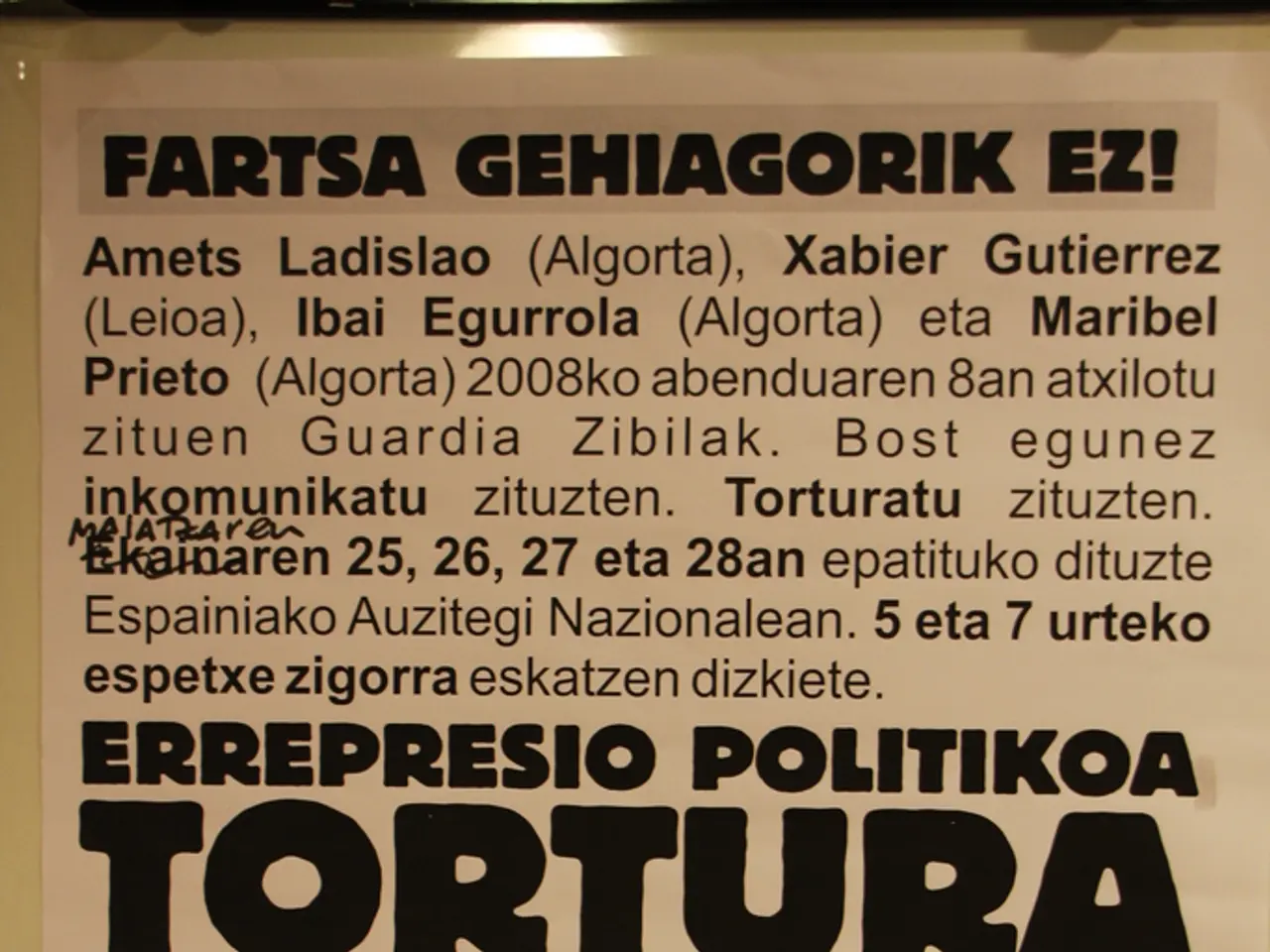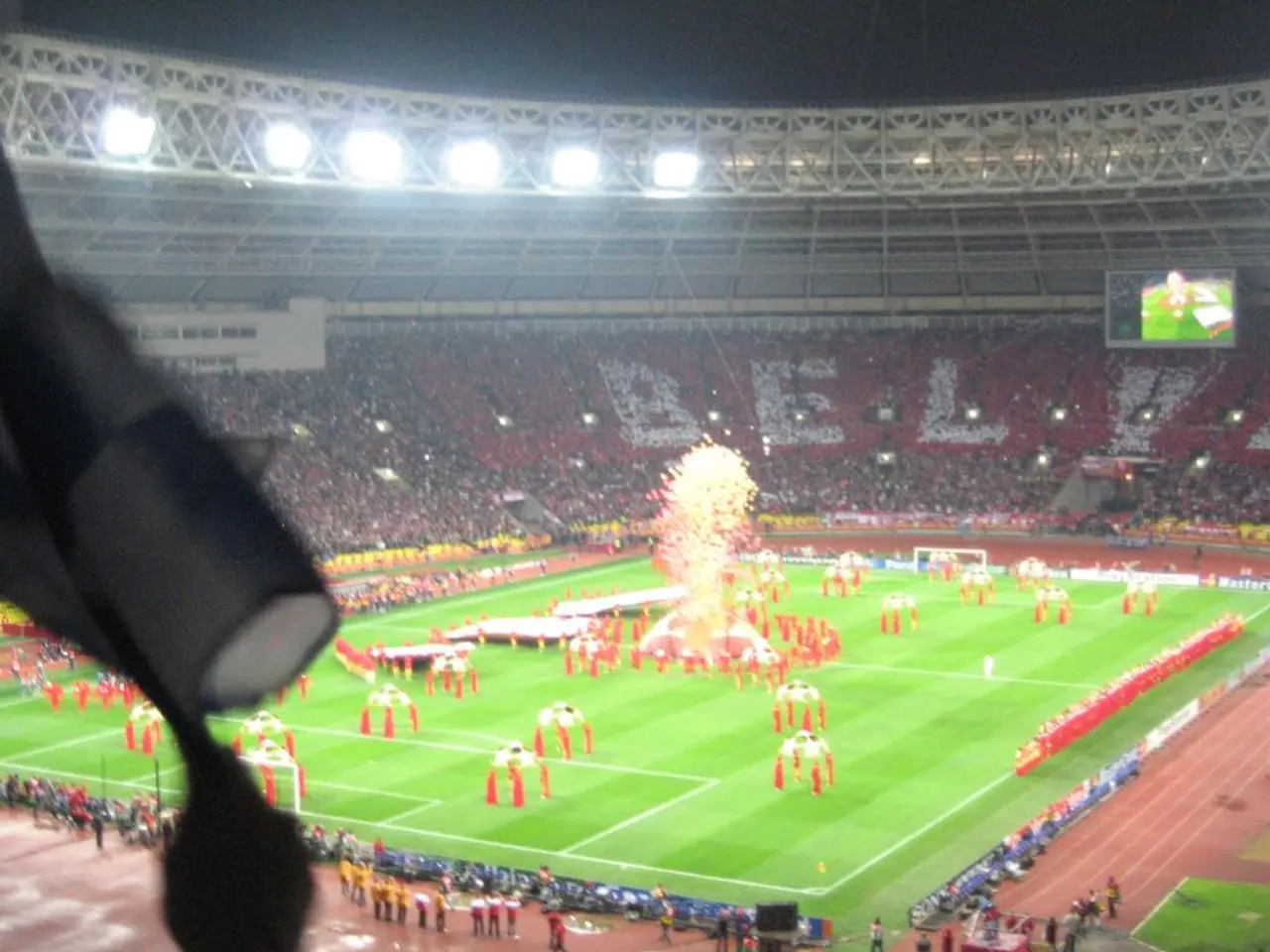Increased Reward from Trump: $50 Million Offered for Arrest of Venezuela's President, Accused of U.S. Drug-Related Crimes
In a significant move, the U.S. government has raised the reward for information leading to the arrest of Venezuelan President Nicolás Maduro from $25 million to an unprecedented $50 million. This update was announced in mid-2025, marking the latest development in the ongoing efforts to hold Maduro accountable for his alleged narco-terrorism activities and human rights abuses.
The increased bounty was officially announced around July 25, 2025, and publicly highlighted in August 2025. Attorney General Pam Bondi stated that Maduro is accused of leading one of the world's most notorious narco-trafficking operations, with connections to major drug cartels such as the Tren de Aragua, Sinaloa cartel, and the Cartel of the Suns. The Drug Enforcement Administration has seized large quantities of cocaine linked directly to Maduro and his allies.
Despite the bounty increase, Maduro's government has dismissed the reward as "political propaganda." The U.S. report accompanying the reward increase criticizes Venezuela's security forces and justice system for failing to investigate or prosecute human rights violations, thereby fostering impunity.
The U.S. government's stance against Maduro began in 2020 when he was indicted in Manhattan federal court on federal charges of narco-terrorism and conspiracy to import cocaine. Since then, nearly 7 tons of cocaine have been traced directly to Maduro, and two private jets have been seized as part of the assets linked to him.
It is worth noting that the U.S. Justice Department has seized over $700 million in assets linked to Maduro. Additionally, the Trump administration secured the release of 10 Americans jailed in Caracas in exchange for Venezuela getting home scores of migrants deported by the U.S. under the Trump administration's immigration crackdown.
The Biden administration previously offered a $25 million reward for Maduro's arrest, the same amount offered for the capture of Osama bin Laden following the Sept. 11, 2001, attacks. However, the Trump administration doubled the reward to $50 million in 2020.
The Venezuelan Foreign Minister, Yvan Gil, has characterized the increased reward for Maduro's arrest as "pathetic" and accused the U.S. of orchestrating a "crude political propaganda operation." Gil made a reference to the backlash Bondi faced after the Justice Department announced that a "client list" of Jeffrey Epstein does not exist.
Despite condemnation from the U.S., the European Union, and several Latin American governments, Maduro remains entrenched in power. The U.S. actions, according to Gil, are a "desperate distraction from [Bondi's] own misery."
[1] U.S. Department of State. (2025). Reward for Information Leading to the Arrest of Nicolás Maduro. [online] Available at: https://www.rewardfor justice.net/case/nicolas-maduro
[2] U.S. Department of Justice. (2025). Maduro Indicted on Federal Narcoterrorism Charges. [online] Available at: https://www.justice.gov/opa/pr/maduro-indicted-federal-narcoterrorism-charges
[3] White House. (2025). President Biden Announces Increased Reward for Information Leading to the Arrest of Nicolás Maduro. [online] Available at: https://www.whitehouse.gov/briefing-room/statements-releases/2025/07/25/president-biden-announces-increased-reward-for-information-leading-to-the-arrest-of-nicolas-maduro/
- The U.S. government's current policy and legislation towards Venezuelan President Nicolás Maduro involve a substantial increase in capital, raising the reward for his arrest from $25 million to $50 million, signifying a significant asset in the ongoing war-and-conflicts and politics.
- General news and crime-and-justice reports indicate that Maduro is accused of leading one of the world's most notorious narco-trafficking operations, with connections to major drug cartels, making the issued reward a crucial aspect of policy-and-legislation against him.
- The Venezuelan Foreign Minister, Yvan Gil, has used general news and crime-and-justice platforms to criticize the U.S. and its increased reward for Maduro's arrest, characterizing it as "pathetic" and accusing the U.S. of orchestrating a policy-and-legislation scheme to divert attention from domestic issues, citing recent examples of political propaganda.

